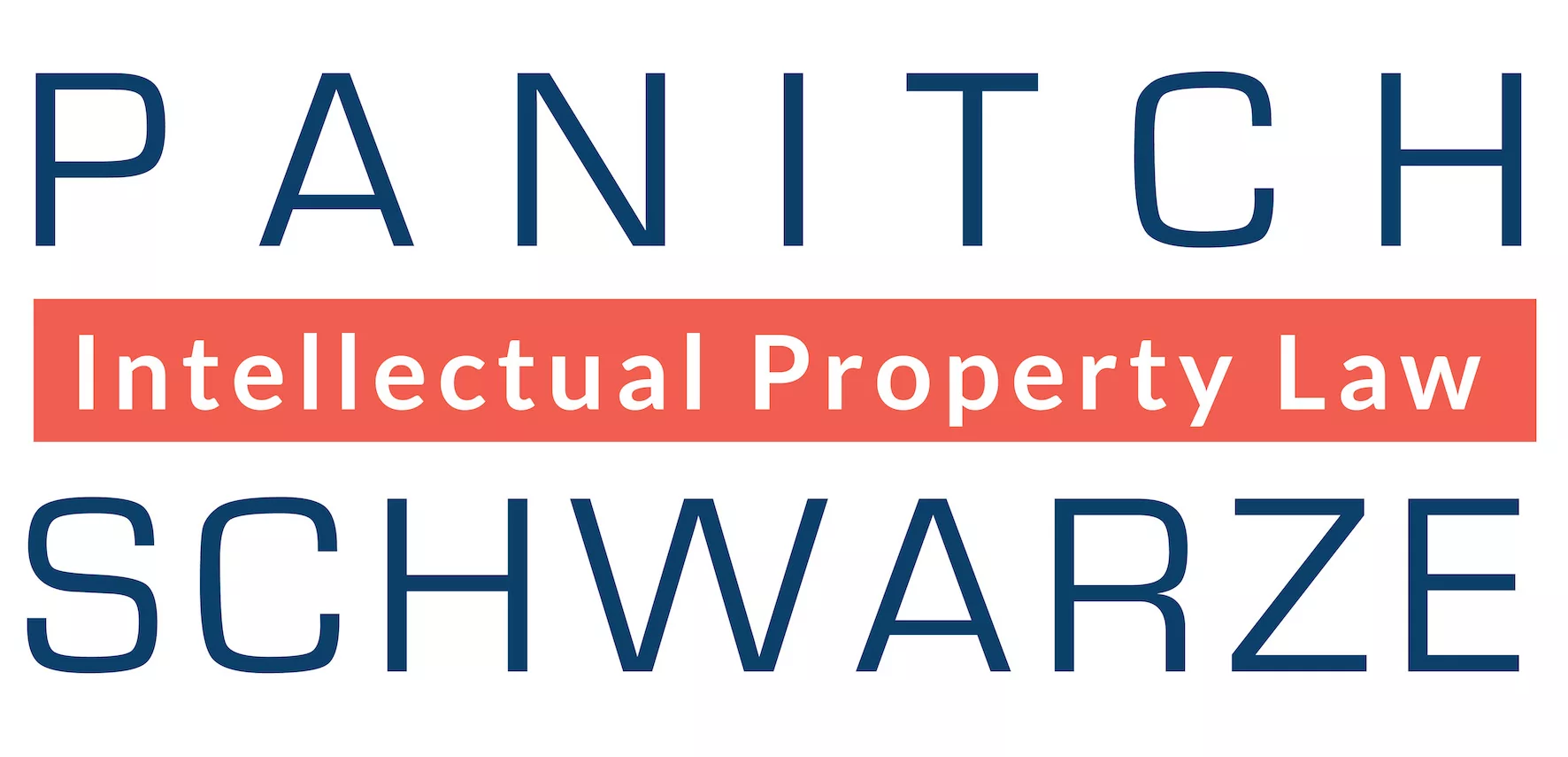A trademark can be any distinctive word (real or coined), phrase, slogan, logo, or any combination of these things, that identifies you as the source of your goods or services. It also could be simply numbers or letters, or a color or a sound. You can register your trademark rights in any distinctive word, phrase, etc. if you are the first entity to use that trademark on those particular goods or services in your particular geographic area.
Below are examples of protectable registered trademarks:
|
Mark |
Goods or Services |
|
EXXON |
Motor fuels |
|
APPLE |
Computers |
|
[the color brown] |
Delivery of personal property |
| |
Athletic apparel |
It's equally important to know what CAN'T be a trademark.
First and foremost, a generic term cannot be a trademark. While you can use APPLE as a trademark for computers, you cannot claim trademark rights in APPLE to sell actual apples.
Generally, you can't register as a trademark any terms that merely describe the nature or purpose of your goods or services, or that merely describe the geographic origin of your goods or services. The rationale is that your competitors need to use those terms to refer to or describe their own products and services, and the general public must be allowed the freedom to use those terms, as well.
Terms that are deceptive or that misdescribe the goods or services, their contents, or their place of origin, are also not registrable as trademarks.
You can't register your own surname as a trademark absent special circumstances. In many cases, you must use a surname as a trademark for many years before it can be said to acquire sufficient distinctiveness to be protectable as a trademark. There are often many other people in the United States with the same surname and they each have a protectable interest in using their own surname in business. On the other hand, a living individual's full name, signature, or portrait can be registered if their written consent is made of record.
You can't register as a trademark any flags, coats of arms, or other insignia of the U.S. or any foreign country, or any U.S. state or municipality. This bar applies even to the government agency itself that uses such flag, coat or arms, or other insignia.
Finally, statutes and conventions bar registration of trademarks that comprise certain protected matter. This includes the Red Cross Emblem, Smokey Bear, the words "Federal Bureau of Investigation," and the word "Olympic[s]."
When launching any new product or service, it is important to search for conflicting trademarks before adopting one's own trademark. Panitch Schwarze's trademark attorneys help clients select brand names, logos, and slogans while avoiding conflicts with existing trademarks. We also help clients protect their brand by applying for trademark registration in the U.S. and internationally and working with them to maintain those registrations and, if necessary, take appropriate steps to enforce their trademark rights against infringers.
The content of this article is intended to provide a general guide to the subject matter. Specialist advice should be sought about your specific circumstances.


